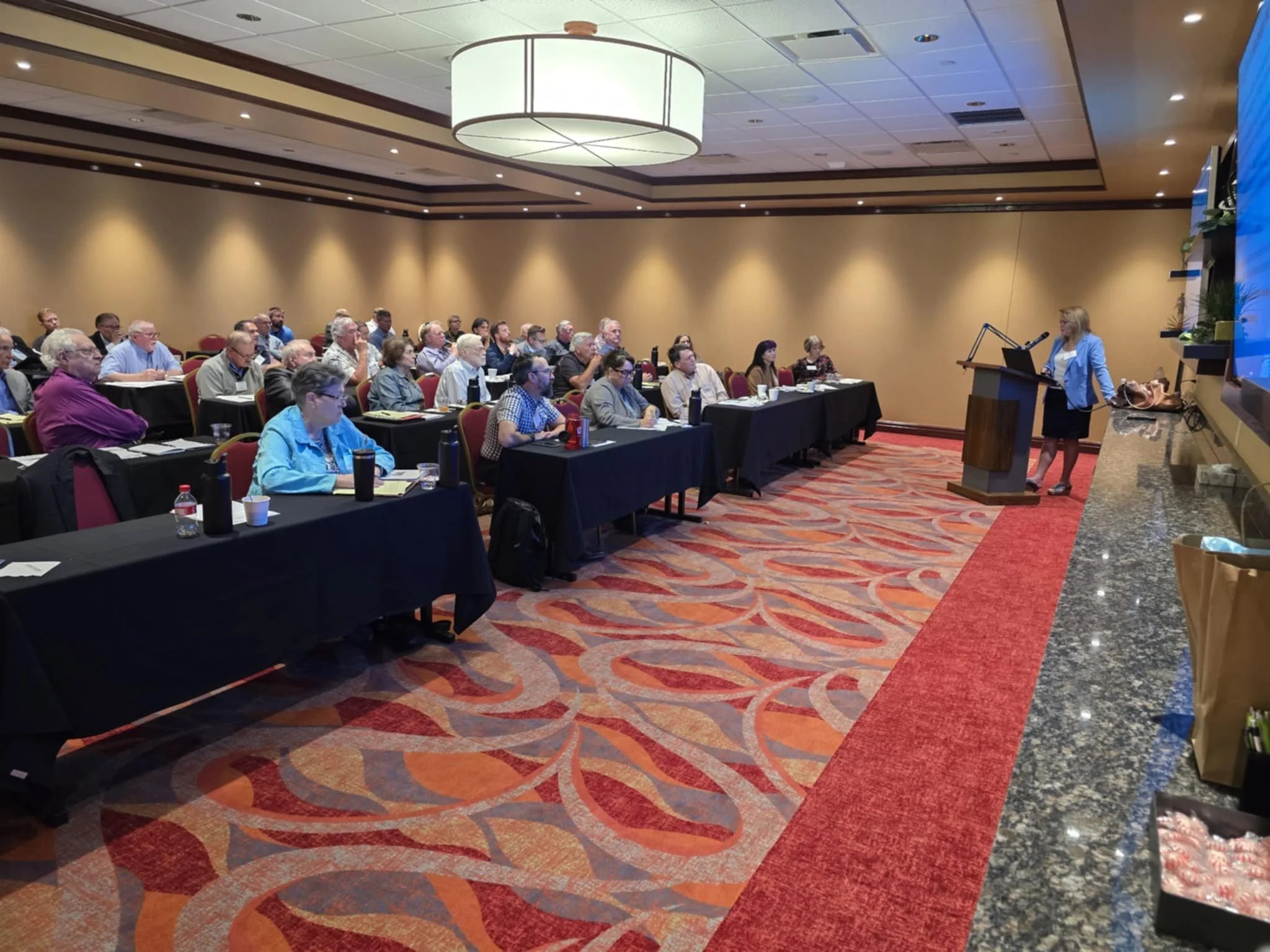Oklahoma mayors push public safety bill
By: Steve Metzer The Journal RecordFebruary 13, 2020
OKLAHOMA CITY – There are about 590 incorporated towns and cities scattered across Oklahoma. Some 520 of them are home to fewer than 7,000 people.
Needless to say, small-town issues are often at the forefront of discussions when the Oklahoma Congress of Mayors convenes. About 70 mayors took part in just such a gathering held recently at the state Capitol.
Ray Poland, the mayor of Jones, a town of about 2,700 in eastern Oklahoma County, said the annual forum gives municipal leaders a chance to review how the legislative process works and also to find out about, discuss and decide whether to support bills under consideration by state lawmakers that could affect their towns. During this year’s congress, staged on the floor of the House of Representatives, Poland said mayors formed into committees to discuss measures that might affect municipal operations and finance, public safety, infrastructure and economic development.
“It’s an avenue for us to make sure our legislators are listening to us,” Poland said, adding that at times in the past legislation of statewide relevance has originated within the Congress of Mayors.
This year, a bill that earned support of the mayors would, if passed into law, allow municipalities to hold elections to potentially leverage ad valorem property taxes to support public safety. House Bill 1992, authored by state Rep. Jadine Nollan, R-Sand Springs, passed through the House on Thursday on a 76-20 vote and will head to the Senate for consideration there. Nollan said the bill would allow towns and cities to hold votes to use small percentages of local property taxes to fund police departments and other public safety needs. Taxes would have to be favored by at least 60% of voters.
“Oklahoma is the only state in the nation that funds public safety through sales tax, which makes it vulnerable,” Nollan said.
A bill the mayors opted to oppose would, if passed, allow towns with populations of between 7,000 and 15,000 to apply for and potentially be awarded Rural Energy for America, or REAP, grants, which currently can be applied for only by towns with smaller populations. The author of that bill, Rep. Zack Taylor, R-Seminole, said the measure was requested by the town of Seminole, which has a population of about 7,500. He noted the bill has drawn support from the Oklahoma Water Resources Board, adding that if it is passed into law it would not change the process municipalities go through in applying for REAP grants. It also would not change the way applications are judged or how grants ultimately are awarded based upon need.
“My goal long-term would be to increase funding for the (REAP) program as well,” Taylor added.
Poland, who also serves as president of the Mayors Council of Oklahoma, said municipal leaders often serve as conduits for communication between Oklahomans and state lawmakers, so it’s important for them to know what’s going on and how things work at the Legislature.
“First and foremost, we want to educate mayors of Oklahoma about the legislative process,” he said, noting that some current state lawmakers, including House Speaker Charles McCall, R-Atoka, have served in the past as mayors.
Craig Parham, who has served for 19 years as the mayor of Amber, a town of about 500 in Grady County, said the annual gathering of the Congress of Mayors is a good opportunity for municipal leaders to learn or brush up on the “nuts and bolts” of policymaking, things like how to study issues in committees, how to properly conduct debates and how to abide by Open Meeting laws. That can help them to keep things running smoothly back home, he said.
“A large part is to get us to learn the process of what legislators are doing,” Parham said. “Then, what we learn here we can share with constituents.”
The Congress of Mayors is sponsored by the MCO and the Oklahoma Municipal League.

